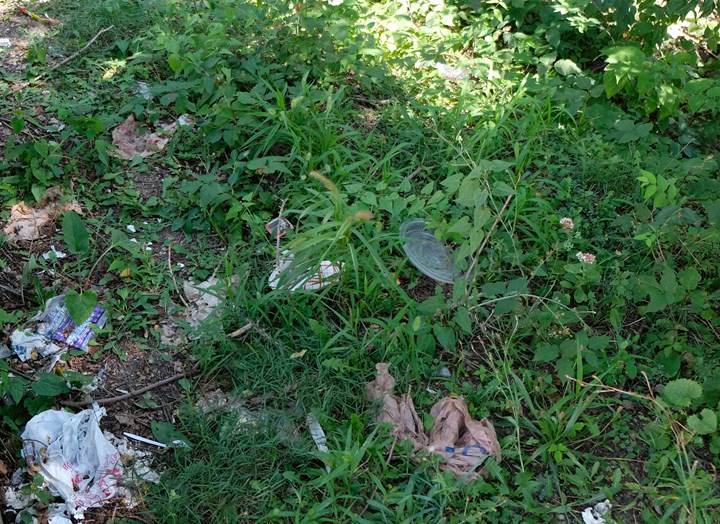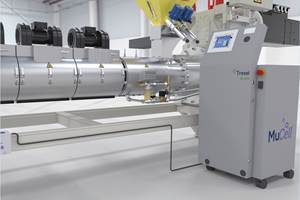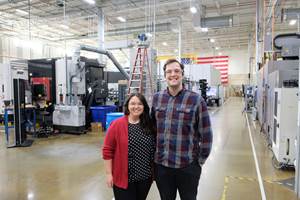Recycling: Know What I Mean?
The challenge of looking past binary assessment of processes.
If you have followed any of the debate about various recycling technologies, and in particular those that centered around the advanced recycling legislation proposed or passed in recent years, you may note that we don’t all have exactly the same definition in mind.
There are two definitions of recycling (the verb) in our collective consciousness. One is exemplified by “to pass again through a series of changes” (Webster), i.e. literally to cycle again. The other is “extracting and reusing useful substances found in waste” (American Heritage). Both are valid: many dictionaries give some version of each. Of course, it carries another meaning, a greenish hue that implies forethought and responsibility.
Binary value associations are alluring in our information-flooded world, but should we think of recycling as an end, or a means? And if so, what is the desired “end”?
In 2015, a group of environmental scientists (Geyer et al.) published a thoughtful discussion of closed loop and open loop recycling in the Journal of Industrial Ecology. They argued that the distinction may be overemphasized and offered a very simple but illuminating equation. If Eprim is the effect of primary production on the environment, Elandfill is the effect of waste disposal, and Erepro is the effect of scrap collection and reprocessing, then the benefit of recycling is:
Eprim + Elandfill - Erepro
This number can be higher or lower for competitive processes, or even negative in extreme cases. Consider the Total Reclaim scandal that in 2016. In this case, the Erepro (heavy metals handled by workers at great detriment to their health) was far worse than any imaginable landfill. On the other hand, consider simple reuse. Erepro could be very close to 0.
Elandfill depends on the region. Where waste collection is unavailable Elandfill could be Edump. In Europe, the default would more likely be incineration.
It’s easy to see how these terms could quickly become more complicated and have unexpected values, as they are expanded to account for various types of waste products, primary processes, social factors, and environmental impacts (CO2 being one of many considerations); then maybe integrated over time from technological invention to succession.

This plastic waste management method, still common even where collection programs are robust, fails to take long term effects into account.
These “E” terms capture costs that wouldn’t appear on a traditional balance sheet, maybe because of how they are dispersed in space and time. But it seems the world is getting smaller and the future nearer. The Geyer paper doesn’t attempt to calculate them, and of course that is where things get complicated and challenging. And thank goodness, because wouldn’t it be dull if things were simple?
Management options for post-consumer plastic are growing in number and effectiveness. Mechanical recycling keeps getting more efficient in terms of energy use, water use, and sorting accuracy. It is joined by a wide variety of technologies often grouped by the umbrella term of advanced recycling. These are all tools in a rapidly expanding toolkit. We may well find that the best solutions for the incredibly wide variety of plastic goods are equally various. I certainly hope so; the more ideas at play, the more there is to learn about.
Related Content
Foam-Core Multilayer Blow Molding: How It’s Done
Learn here how to take advantage of new lightweighting and recycle utilization opportunities in consumer packaging, thanks to a collaboration of leaders in microcellular foaming and multilayer head design.
Read MoreScaling Up Sustainable Solutions for Fiber Reinforced Composite Materials
Oak Ridge National Laboratory's Sustainable Manufacturing Technologies Group helps industrial partners tackle the sustainability challenges presented by fiber-reinforced composite materials.
Read MoreExtrusion Technology Extended to Injection, Enabling Up to 100% Regrind Usage
Twin-barrel (shot-pot) press can handle more regrind, offers other benefits to molders.
Read MoreInside the Florida Recycler Taking on NPE’s 100% Scrap Reuse Goal
Hundreds of tons of demonstration products will be created this week. Commercial Plastics Recycling is striving to recycle ALL of it.
Read MoreRead Next
For PLASTICS' CEO Seaholm, NPE to Shine Light on Sustainability Successes
With advocacy, communication and sustainability as three main pillars, Seaholm leads a trade association to NPE that ‘is more active today than we have ever been.’
Read MoreLead the Conversation, Change the Conversation
Coverage of single-use plastics can be both misleading and demoralizing. Here are 10 tips for changing the perception of the plastics industry at your company and in your community.
Read More











